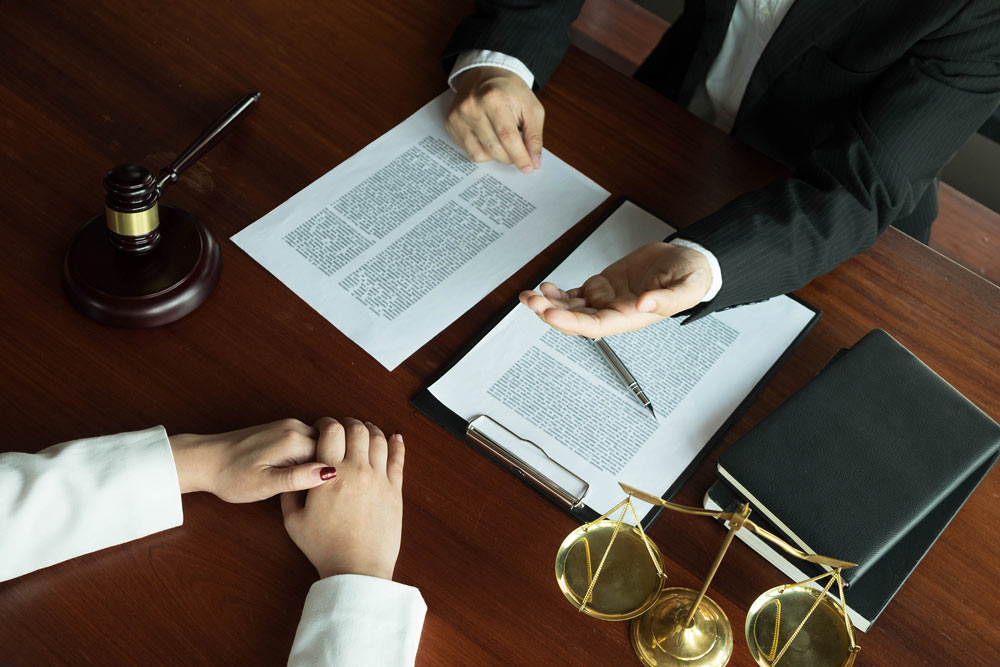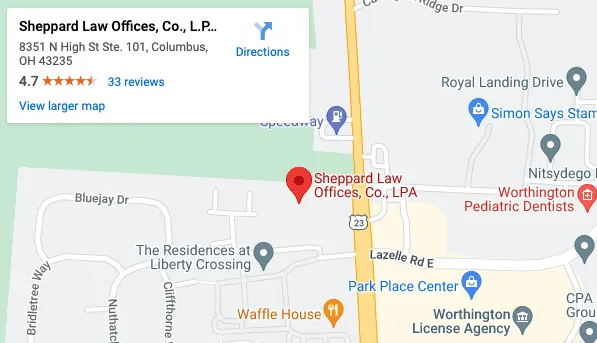Having outstanding debt can be an enormous weight, which only grows heavier the longer it goes unresolved. If your debt goes unchecked for too long, you may find yourself the subject of a lawsuit. While this is not ideal, going to court may not be the worst case scenario. Consumer rights were written to protect consumers from unfair practices, and they can often help you in a courtroom. It’s important to know your rights. With the right preparation, there are several steps you can take to ensure the best possible outcome.
Hire a bankruptcy lawyer: Unless you have an extensive understanding of the ins-and-outs of bankruptcy laws, hiring a bankruptcy lawyer should be the absolute first thing you do. Bankruptcy law is extensive, convoluted, and confusing. A bankruptcy attorney will guide you through the entire process, advise you on the proper strategies to take, and work hard to ensure the best possible solution.
Bring evidence: First and foremost, it’s important to bring evidence of your case. If you have proof that you do not owe the amount the creditor is claiming you owe, it’s paramount that you have the documentation to prove it. Canceled checks, bank statements and receipts that prove you owe a different amount can change the outcome of a lawsuit.
Know what is important: Being organized and focused is key to winning a case. Only tell the judge what’s important. Be sure you know your talking points and your strategy before going to court. Keep your comments clear and concise, with no extraneous information.
Review the documents: You have the right to see any documents your Creditor intends to use in court – be sure to use that right. The burden of proof is on the creditor, not you. It’s not your responsibility to prove your innocence; they have to prove you’re liable. If they don’t have evidence to support their claims, emphasize that. If they’re missing documentation, bring that to the judge’s attention. Traditionally, Creditors have proof of your accountability, but they may be missing something. Look at the evidence yourself.
Question the Creditor: Creditors must bring witnesses who have an understanding and knowledge of the case, or a custodian of records. Don’t simply allow the Creditor to enter documents into evidence– question them. You have the right to question the Creditor, and you may find discrepancies that you would not have uncovered otherwise.
Understand your options: Receiving a notice of lawsuit is not the end of the world. There are plenty of solutions to unpaid debt, and a professional bankruptcy attorney can help you decide which is best for you. A settlement may be reached before you see a day in court, or an attorney may decide that you have a case and should fight. Bankruptcy can be declared even after a judgment is rendered. It’s extremely important to go through and understand all of your options.
Being called to court for an unpaid debt can be an intimidating experience, but it doesn’t have to be. There are always steps you can take to improve the situation, from gathering evidence to speaking with a bankruptcy attorney. The one thing you don’t want to do, is ignore it. Contact us at any of our five Ohio locations to schedule your free 30-minute consultation from Ken Sheppard and his team.



